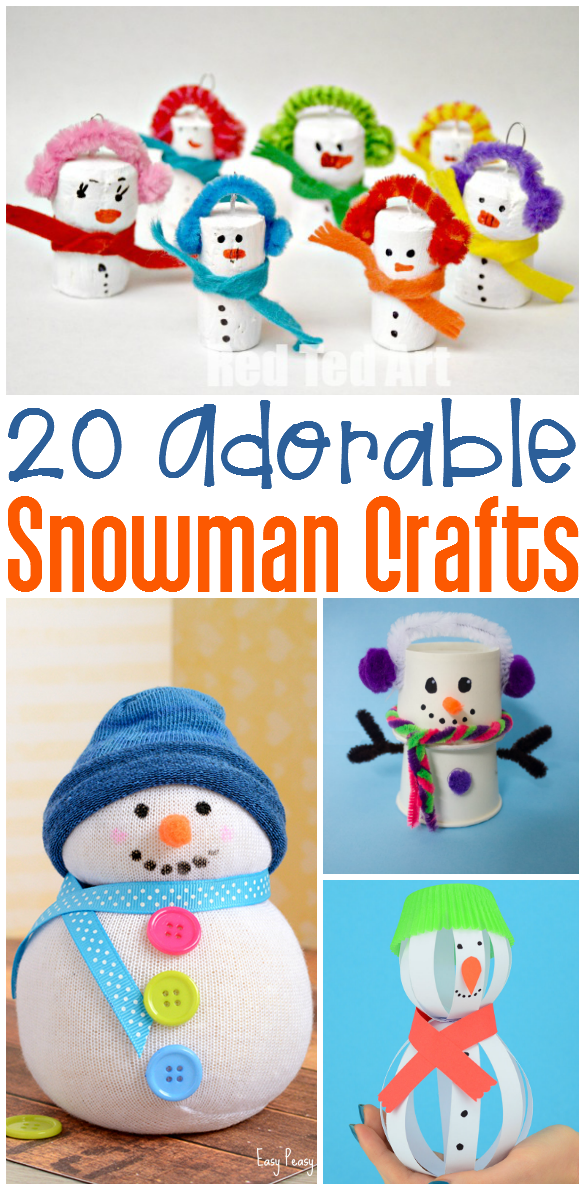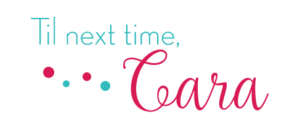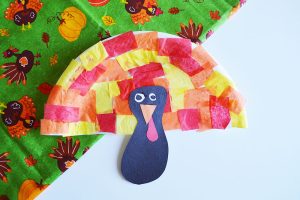
20 Snowman Crafts
Who wants to build a snowman? We do! This week we’ve rounded up some snowman crafts and activities. Each link contains a fun…
Many of our children struggle with communication. Social anxiety, decreased awareness of body language (non-verbal communication), and trouble with pragmatic language (what we say and how we say it, tone, facial expressions) compound difficulties. How do we help children who are waiting for speech therapy or don’t qualify for targeted therapy services? The answer is practice, practice, practice! Functional skills can be practiced by thinking about WHY children are struggling. For example, is the child having trouble getting the words out actual or having difficulty speaking? Is it because the child keeps speaking about her area of interest, leaving no time for others to speak? Or something else?
NEW! 52 Weeks of Occupational Therapy.…..everything to build year-round activities for your OT clinic, homeschool, or school. All organized by weekly theme. Over 200 activities uniquely created FOR fine motor, gross motor, sensory processing, cognition, visual perception and visual motor. NEVER spend money on another download or handout. It’s all here.
When we practice, it’s important to begin in a setting/environment that’s comfortable for your child. Make it FUN and include rewards such as special time with a favorite toy or person, or even a snack reward. As your child gets comfortable with the communication skills, move to a more ‘natural’ setting. An example would be a play-date or on the playground with a friend. That’s called generalization…..when your child can take a skill she’s learned and transfer it to a natural setting. I have some more help…….download my FREEBIE! Conversation cards will be the perfect activity to use when practicing functional language. How do you use the conversation starters? Print, cut them out, (laminate them if you choose), and then place them into a jar or paper bag. Take turns choosing a card and then practicing using the prompt on the card. You could add the conversation cards to movement activities too. Place them into colorful plastic eggs and hide them for a scavenger hunt…..the possibilities are endless and there is NO right or wrong way to practice with the cards.
If you’re wondering WHY OTs are working on communication it’s because of something we call iADLs. Independent Activities of Daily Living include daily activities such as shopping, banking, cooking, grocery shopping, and communication at work in in the community. It’s FUNCTIONAL because every one of us have needs to meet. To be fully independent, we need to be able to ask questions and get answers. It’s all occupation!
Here’s the link to the download.
Looking for more information on fun ideas to help your child at home while having FUN? Here’s our earlier blog post. I would LOVE for you to subscribe to my blog where I regularly give free tips and advice as both an OT and mom to two children with special needs. I’m here because I love helping others!



